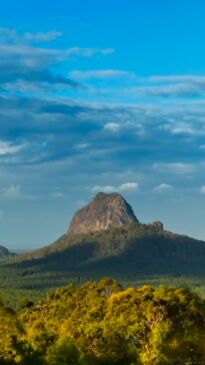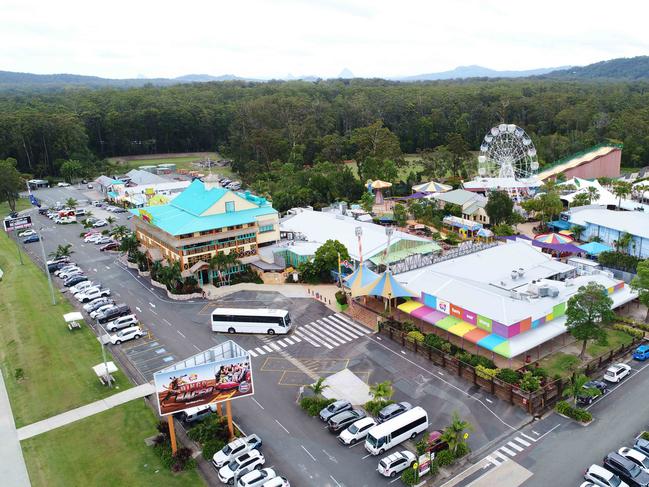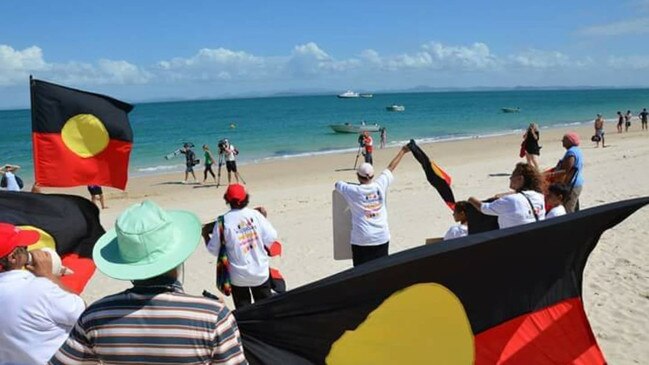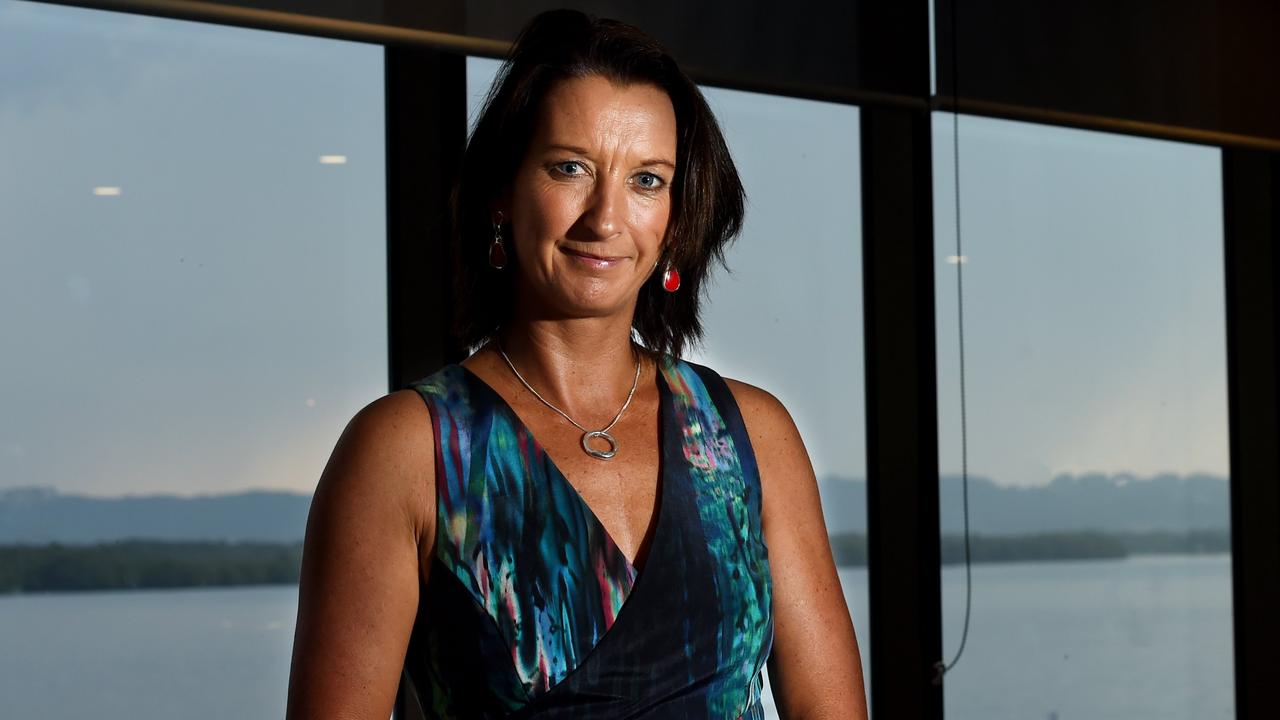Native title Qld: Plans to add tourist attraction, language lessons following landmark ruling
An Aboriginal tourist attraction, Indigenous language programs and traditional land practices such as fish trapping and back burning could be some of the early changes seen after the landmark Sunshine Coast native title ruling.

QLD News
Don't miss out on the headlines from QLD News. Followed categories will be added to My News.
An Aboriginal tourist attraction, Indigenous language programs and traditional land practices such as fish trapping and back burning could be some of the early impacts from the landmark native title ruling over an area of Queensland stretching from Moreton Bay to the Fraser Coast.
The Federal Court granted native title recognition to the Kabi Kabi people for a vast section of land in the state’s southeast last week, sparking fierce debate about whether the ruling would help bridge the cultural divide or further sow the seeds of division.
Kabi Kabi elder Uncle Lance O’Chin said he wanted people to ignore the “fearmongering” that has led to ill-founded claims that native title recognition could block public access to treasured national parks or force private property owners to give up their land and instead use the ruling to share and appreciate “a beautiful culture”.
Mr O’Chin, who was present at the landmark court decision, said the Kabi Kabi hoped to capitalise on the native title recognition with the development of a cultural tourist attraction which would be based at Aussie World on the Sunshine Coast.
The multimillion-dollar project, which still requires government funding to get the go-ahead, would feature a cultural theatre and retail space offering traditional Kabi Kabi artefacts and resident artists.

It is estimated the venture would employ about 20 Indigenous staff.
Mr O’Chin said it would be a wonderful way to introduce visitors to Kabi Kabi culture.
“We have a beautiful culture and we would like to share our culture with the people.”
An Aussie World spokesperson said they had received “enthusiastic support” from Kabi Kabi Elders for the First Nation’s Experience Centre.
“We are working closely with the Kabi Kabi people to give an authentic representation of the rich heritage and traditions of our First Nation’s people in the region,” the spokesperson said.
Mr O’Chin said the Federal Court decision was a watershed moment for his people and would not harm any other segments of the community.
“People in opposition to native title have been trying to manipulate the meaning of what native title actually is,” he said.
“There’s a lot of fearmongering, but we don’t want the greater community to feel that way.
“We want to work together and we just want people to recognise our rights and our heritage – not to be frightened in thinking that we’re going to take their land or their houses.
“This gives us the opportunity to go back and practice our culture now.
“This can bring us closer together.”
Contrary to fears raised in some quarters, native title does not extend to privately owned property and focuses not on land ownership, but rather land practices.
Some of those practices could include traditional back burning – a measure employed for centuries by First Nation settlers to minimise the effects of bush fires.
“The undergrowth in the bush can cause more fierce fires than when traditional owners used to regularly practice backburning,” said Mr O’Chin.
“We are very nature aware – we don’t believe in fracking and practices that can damage mother Earth.
“We would like to restore the land.”

He said the court decision could also pave the way for the introduction of some other traditional practices such as fish traps, the teaching of Kabi Kabi language to school students, and the use of grass trees – a protected species once favoured by Indigenous people for medicinal purposes and for use as traditional spears.
He said he would like to see training for Indigenous park rangers and the introduction of festivals to celebrate the Kabi Kabi and First Nations people.
“Socialising is very important to the Aboriginal people,” he said.
The decision came days before The Sunday-Mail revealed the state government will challenge a fresh Native Title claim for exclusive ownership and use of Great Keppel Island, including the former resort site and airstrip.
Premier Steven Miles on Sunday said the state had a $30m masterplan to transform Great Keppel Island (Wop-pa) and insisted responding to a Native Title claim was not unusual.
He argued the island should remain open to all.
“This is a very common process where the state responds on behalf of Queenslanders as a landholder and we seek to make sure that the aspirations of First Nations people can be realised while also ensuring that Queenslanders continue to have access to the places they love,” he said.
“It’s not unusual for Native Title claimants to seek exclusive use and for the state to instead seek non-exclusive use so that other Queenslanders can continue the kinds of activities that they are used to undertaking on those lands.”


